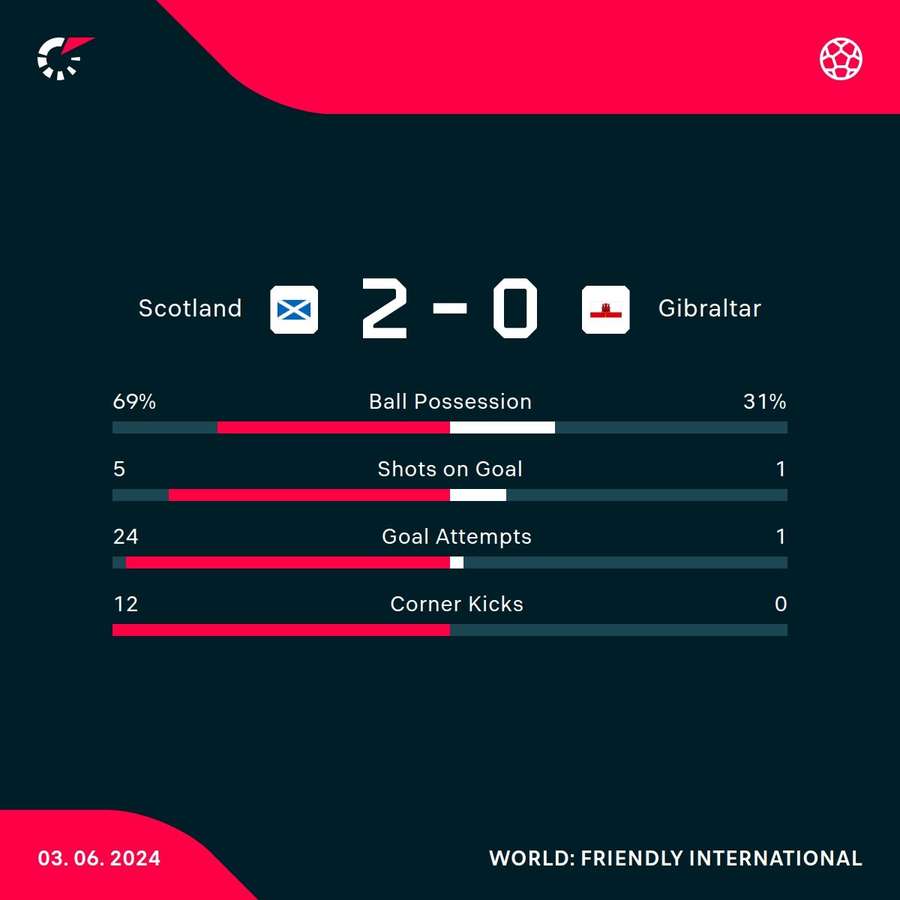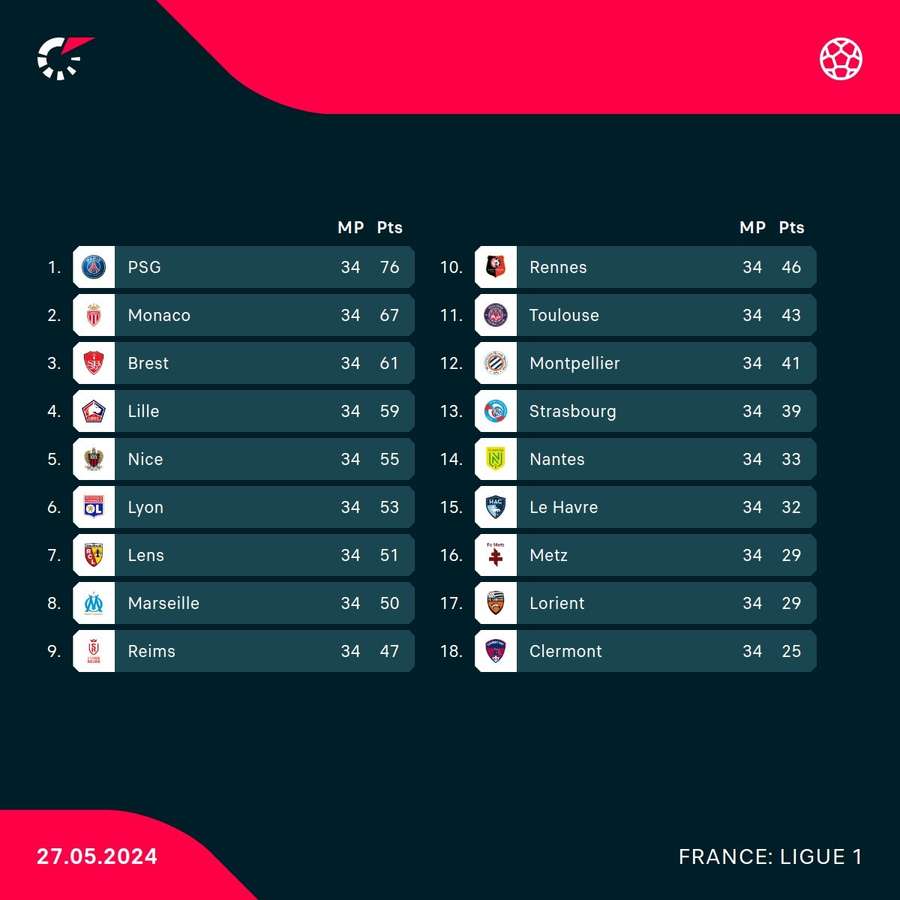EURO Rewind: Greece pull off the biggest upset in the tournament's history in 2004
The 2004 European Championship has gone down in history mainly because of the many shock results.
Germany, Spain and Italy were knocked out in the group stages, reigning champions France were eliminated in the quarter-finals by Greece, and host nation Portugal had an unusual run, losing their opening match but reaching the final where they lost despite being the heavy favourites.

For the first time in the history of the competition, the opening match was played by the same teams that reached the final: Portugal and Greece. In both, Portugal were defeated.
The Greek triumph was all the more unexpected as they had previously only qualified for two other major tournaments, Euro 1980 and the 1994 World Cup, where they only picked up one point - a goalless draw at Euro 1980 against a West Germany team that only needed a draw to top the group.
With such a pedigree, it's not surprising that Greece were not among the favourites, with pre-tournament odds of 80/1 to win the trophy.
Following Denmark's example
The first big surprise of the competition came in the opening match itself, when hosts Portugal were beaten 2-1 by the Greeks.
Giorgios Karagounis scored the first goal of Euro 2004 before Angelos Basinas doubled the lead from the penalty spot in the second half. Cristiano Ronaldo scored a late goal that proved to be a consolation.
"The 1992 Denmark team is a great example for us," said Demis Nikolaidis, one of the reserve players, ahead of the second group game against Spain. "They did amazing things, even though they were far from the best team. I don't think that team was better than the one we have today."
Greece drew 1-1 with Spain and needed only a draw in their final match against Russia to seal qualification.
Dmitri Kirichenko's goal for the Russians after just 68 seconds remains the fastest goal in Euros history, and the Greek side eventually suffered a 2-1 defeat, but Portugal's 1-0 win over Spain sent Otto Rehhagel's side through thanks to goals scored.
An underestimated mastermind
German Otto Rehhagel was the first foreign coach to lead a team to Euros glory, managing to turn an average team into continental champions.
'King Otto' also led Greece to Euro 2008 and the 2010 FIFA World Cup before retiring after elimination in South Africa. Before taking over as Greece's manager in 2001, he had never coached outside his native Germany.
Not surprisingly, his appointment was greeted with much scepticism by the Greeks, who were not convinced that a manager who knew neither their football nor their language could deliver results.
But he was someone who focused more on the strengths of his own players and less on those of his opponents, and this pleased the players, who quickly adapted to the demands of the German coach, who after his success in 2004 was made an honorary citizen of Athens.
1-0s and a silver goal
Greece were not a team that gave the neutrals much to get excited about, with their style immediately bringing to mind the Italian catenaccio. But the unity of a team willing to sacrifice made all the difference in the knockout matches, which all ended 1-0.
"Whoever took the field, fought to the death," said Greece captain Theodoros Zagorakis after the tournament, and France and the Czech Republic felt it first-hand in the quarter-finals and semi-finals respectively.
The Czechs even had an extra dash of drama as their elimination remains unique in football history, coming after the only 'silver goal' ever scored.
Unlike the previous two editions, both of which ended with 'golden goals' in the final (if a team scored in extra time, the match was over immediately), 2004 introduced the 'silver goal' rule, which meant that if a team scored in the first half of extra time and things were not tied again by half-time, the match was over.
Dellas' goal in the 105th minute effectively meant that the Czechs had almost no chance of coming back into the match, and Greece went through to an unexpected final against Portugal.
The miracle
After losing the opening match 2-1, it was expected that Portugal, who started as the heavy favourites, would come away with lessons learned and win the trophy.
Once again, however, Greece's defence proved impenetrable, despite the obvious superiority of players like Luis Figo and Cristiano Ronaldo.
With Deco annoyed by Kostas Katsouranis' marking, Portugal had little creativity until Rui Costa, making his last international appearance, came on and created a couple of half-chances.
It was far too little to cancel out Charisteas' 57th-minute goal which, as in the semi-finals, came from a corner kick, with the Greeks almost perfectly mastering the art of the set-piece.
"When the referee put an end to the match, it was like the lights went out - another blank spot in my memory - the constant idiot smile on my face for I don't know how many minutes. Unbelievable moments," captain Theodoros Zagorakis, who was named Player of the Tournament, recalled for the UEFA website.
As for Greece's style of play, "no one will remember 20 years later that this team was boring," said defender Nikos Dabizas after the final.
Granted, we may still remember, but that takes nothing away from the merits of a team that believed in its group strength and produced one of the great shocks in football history.
Team of the tournament
Goalkeeper: Petr Cech (Czech Republic)
Defenders: Traianos Dellas (Greece), Ricardo Carvalho (Portugal), Giourkas Seitaridis (Greece), Gianluca Zambrotta (Italy)
Midfielders: Maniche (Portugal), Pavel Nedved (Czech Republic), Theodoros Zagorakis (Greece)
Strikers: Milan Baros (Czech Republic), Cristiano Ronaldo (Portugal), Wayne Rooney (England)







